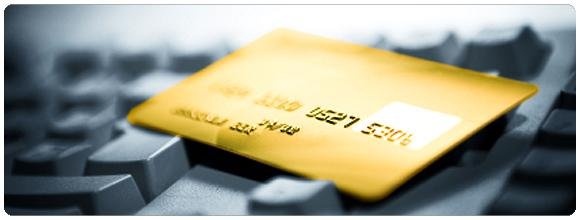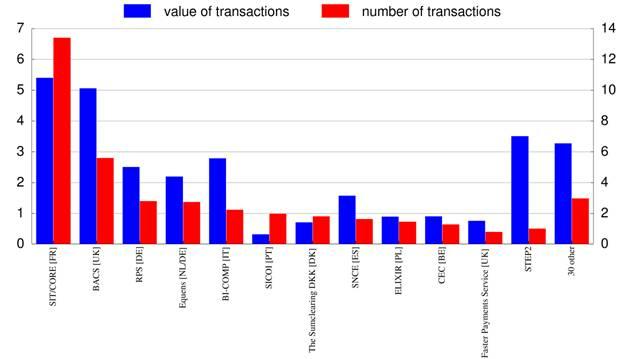
Disclaimer: As an Amazon Associate, “Furniture UK” earns from qualifying purchases.
What a customer uses to pay for retail goods is precisely what the retail payment system refers to. Today, modern shoppers use cheques, charge cards, cash in coins and notes, credit cards and debit cards and other methods such as shopping vouchers, London’s prepaid oyster cards, loyalty credit cards and gift cards.
Challenges facing these payment systems include fraud and costliness to a mere retailer. Bank transfers and cheques are common where instant payment is impossible or a must in such retail sectors as antiques and heavy merchandise.

Conservative payment systems
Between the 1950 and the 1960s, retail payments were the strictest in decades. All retail stores expected a buyer to pay for goods in cash; no one accepted cheques. Independent and department stores also gave credit while hire purchase worked best for those looking to purchase washing machines, TV sets and vehicles and involved interest and strict clear monthly payments.
Liberal systems of payment
Between the 1970s and 80s, there were changes in retail and payment systems as credit cards became an acceptable form of payment for goods. In huge stores, this started earlier in the 70s but took time to spread to smaller stores and shops up to around 1989, when the mode of payment took off. For instance, M&S only allowed its only type of credit card until about 2007. Credit cards couldn’t buy you alcohol, and cheques were as foreign in bars as free beer. In fact, in a postal strike across Ireland in the 80s, rural communities used cheques as the currency as cash ran out.
There’re changes in payment systems with more transformations expected as the recent changes continue to become the new normal. Essentially, even the fact that retailers are not obliged to accept other modes of payment except coins and cash is probably not well known.
Approaches in changing times
Of course, not every retailer today will accept notes and coins unless they want to go out of business. To increase trade, diverse payment methods are accepted today. However, this is not without its challenges. For example, paying with cards comes at an extra cost, with the justification of the expenses an ever-continuing debate considering there is all manner of stakeholders involved, from consumer advocates, cash intermediaries, security companies, cash collection companies and tech innovators, course, the retailers.
By 2009, the number of credit cards was 58.1 percent in the United Kingdom, with debit card numbers at 79.3 million. At the same time, over 20 million adults were using their credit cards once every month on the lower side. Around the same period, two billion purchases were completed through charge and credit cards to the tune of £139 billion, including hospitality, travel and other services. Those using debit cards at about the same time made 5.9 billion in retail purchases to a total sum of £264 billion and acquired about £171 billion across the UK in cash.
Credit card payments are a part of us.
The number of cards exceeds the adult population, which means using cards as payment is now entrenched in the UK retailer’s psyche. Between 2004 and 2007, many buyers were misusing credit cards, but that changed after the recession period, and many are now using debit cards more and cash to cut costs and overspending.
Card theft
According to the United Kingdom Payments Administration, card fraud stood at about £440.3 million by 2009. Among these, abroad fraud through cards issued in the UK stood at £122.7 million, £72.1 million for fraud against a present customer, £266.4 million for fraud on cards where the owners were not present and counterfeit fraud cases costing £80.9 million. Fraud also extends to £1 coins, where one in every 36 coins is bogus in the UK.
Changing payment systems trends in recent years
In the past few years, the world of payments has changed a lot. This includes reducing cash usage in payments as debit card usage keeps increasing. Since 2008 when the recession hit, the use of credit cards has diminished but is still growing. Across the UK, cheques disappeared in retailing as guarantees of a cheque card nature disappeared by July 2011. There has also been a growth in transactions that don’t require cards to be present during checkout, which usually involves credit cards as phone-based orders and changing mobile and online e-commerce continues to grow.
In most Nordic counties, electronic payments, unlike the UK, have made cheques obsolete as cash seems to hang in the balance, and its future is uncertain.
Banks today have been able to control card-based payment fraud. The only loophole seems to be in the card, not present e-commerce fraud, a major headache as the online retail trade across the United Kingdom is expected to rise from 10 percent to 25 percent in the next couple of years.




![Report on the British educational furniture manufacturers group [BEFMG]](https://thehome.co.uk/wp-content/uploads/2018/02/report-furniture-uk.jpg)



